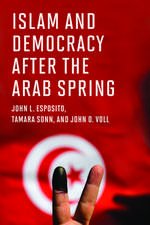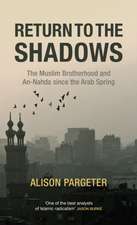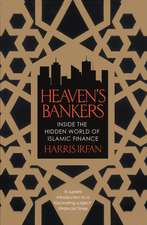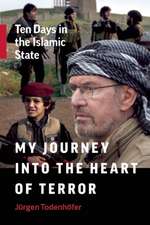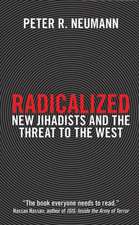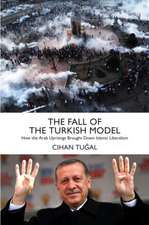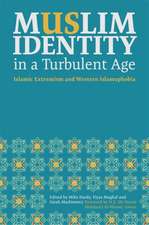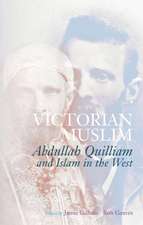Islamophobia: Lived Experiences of Online and Offline Victimisation
Autor Irene Zempi, Imran Awanen Limba Engleză Hardback – 25 oct 2016
Muslims living in Western nations are increasingly facing overt hostility and even hate crimes, both in everyday life and in online interactions. This book examines the experience and effects of those hate crimes on the victims, their families, and their communities. Built on the first national study in the United Kingdom to examine the nature, extent, and determinants of hate crime against Muslims in the physical and virtual worlds, it highlights the relationship between online and offline attacks, especially in the globalized world. It prominently features the voices of victims themselves, which lend nuance to the accounts and make the reality of these attacks and their consequences palpable.
Preț: 351.00 lei
Nou
Puncte Express: 527
Preț estimativ în valută:
67.17€ • 70.04$ • 55.83£
67.17€ • 70.04$ • 55.83£
Carte tipărită la comandă
Livrare economică 21 martie-04 aprilie
Preluare comenzi: 021 569.72.76
Specificații
ISBN-13: 9781447331964
ISBN-10: 1447331966
Pagini: 88
Dimensiuni: 127 x 197 x 10 mm
Greutate: 0.23 kg
Editura: Bristol University Press
Colecția Policy Press
ISBN-10: 1447331966
Pagini: 88
Dimensiuni: 127 x 197 x 10 mm
Greutate: 0.23 kg
Editura: Bristol University Press
Colecția Policy Press
Notă biografică
Irene Zempi is a lecturer in criminology at Nottingham Trent University. Imran Awan is deputy director of the Centre for Applied Criminology at Birmingham City University.
Recenzii
"With a lucid but academic style and methodology, this research monograph can be strongly recommended not only for academicians, experts, and students of diverse fields, but also for the policy makers, stake holders, government agencies, and even the general reader as well."
“Provides compelling accounts of everyday targeted hate violence against British Muslims in an era of new forms of communication.”
“A significant and original contribution to our understanding of Islamophobia. The focus on the ‘lived experience’ of Muslim men and women provides a much needed analysis.”

